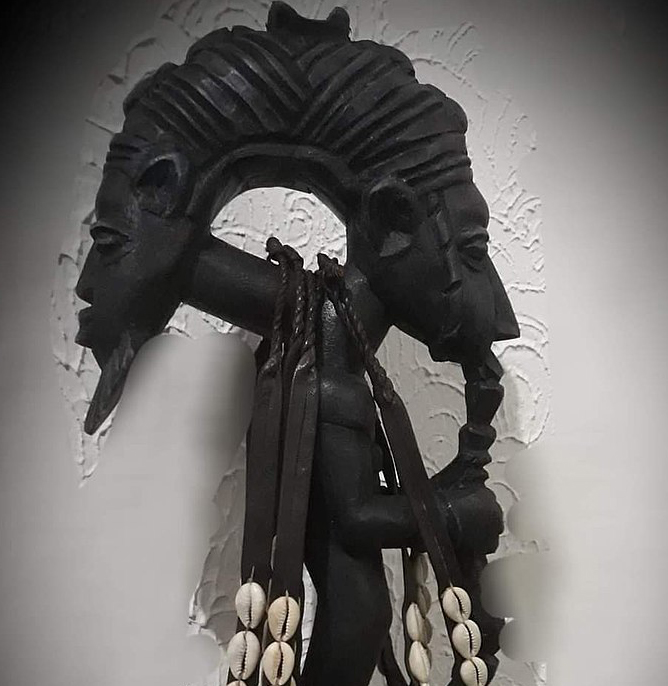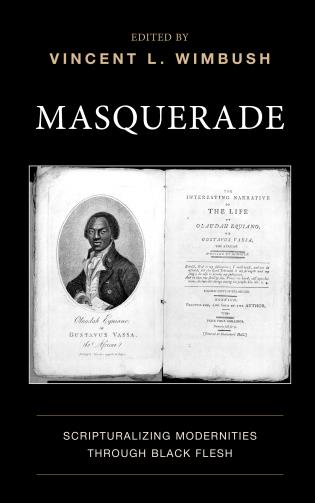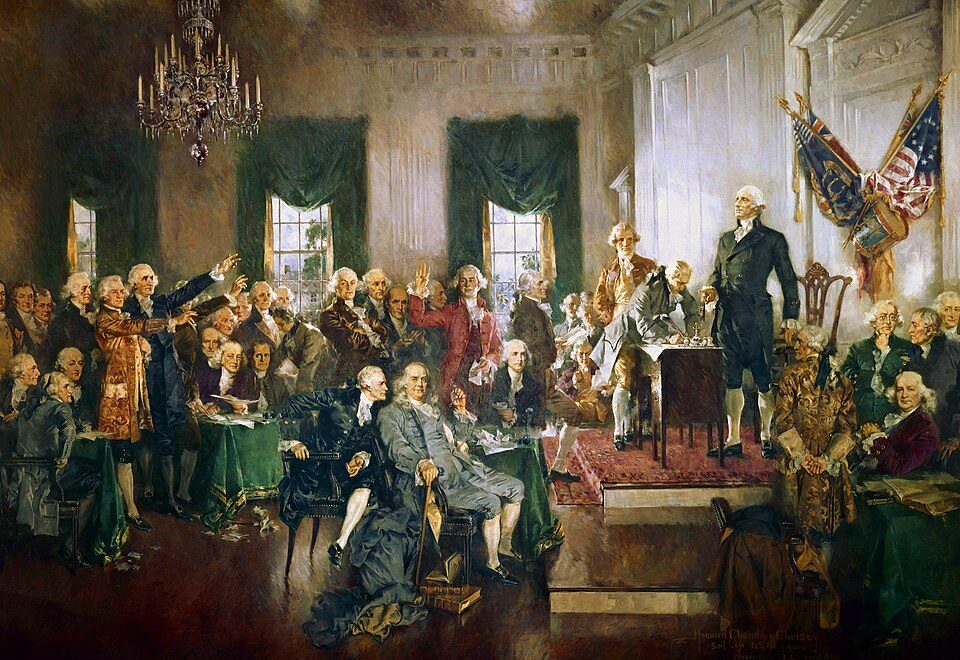ISS in retrospect
March 3, 2024
The Abeng 2024-supplement 1
June 3, 2024ISS Annual Meeting 2024-Report

Marronage and Movement:
Twenty Years of the Institute for Signifying Scriptures
From April 11 to 13, 2024, researchers and students gathered both in-person and online to discuss our seminar theme of “marronage,” to commemorate two foundational research initiatives, and to contemplate future directions for the ISS as it enters a new decade. On this page we highlight key facets of the seminar, and we discuss the proposals for the ISS during this time of transition.
A Special Occasion
We convened in the city of Atlanta, at the Georgia Tech Conference Center, to celebrate the 25th anniversary of African Americans and the Bible, a multidisciplinary conference and collection that culminated years of collaborative research modeling a new mode of scholarship. We also gathered to celebrate the 20th year of the Institute for Signifying Scriptures (ISS), a transdisciplinary initiative inspired by the first project. Such anniversaries also provide opportunities to look back and look forward as a community.
Seminar on Marronage
After a welcome reception on the evening of April 11, 2024, and some celebratory messages from local scholarly organizations and institutions (the American Academy of Religion, the Society of Biblical Literature, the Candler School of Theology at Emory, and the Interdenominational Theological Center) on the morning of April 12, ISS seminar discussions focused on the theme of marronage. We welcomed eleven online participants as well as thirty-one on-site participants. Throughout the day, we were also joined by students, faculty, and staff from multiple local educational institutions including Agnes Scott College, Candler School of Theology at Emory, the Interdenominational Theological Center, Morehouse College, and Spelman College.
Founding director Vincent L. Wimbush delivered an address, “Meaning of Movement, Movement of Meaning: or, Reading Darkness as Marronage,” threading together migration and marronage as (scripturalizing) responses to the regime of scripturalization. After his address, discussions spun off from a common text, Migrations: A History of Where We All Come From (2022). Katrina Van Heest of Tweed Editing and Portland State University opened discussions with a focus on first migrations and ancient empires. After lunch, Tat-siong Benny Liew of College of the Holy Cross facilitated conversations around transcontinental contact and colonizations and conquest. Shay Welch of Spelman College then drew reflections on mass movement and freedoms to prompt conversation, and then Arthur Carter of Phillips Theological Seminary examined decolonization and diasporas.
This first day of rich seminar discussions was punctuated with wrap-up conversation under P. Kimberleigh Jordan of Spelman College. Then a short break returned us to the documentary film, Reading Darkness, Reading Scriptures: African Americans and the Bible. Filmmaker Velma Love of the Interdenominational Theological Center (ITC) was present to introduce and reflect on the film.
Looking Back, Imagining Futures
On Saturday, participants returned both online and in-person to think about the ISS as a project of intellectual marronage. In the morning, Richard Newton of the University of Alabama shared footage from the years of ISS programs, Lalruatkima of AICS, Mizoram, India shared a report about ISS activities, and Rachel Schwaller of the University of Kansas fostered conversations that took stock of what the ISS had done and might do. Some themes emerged that focused on the ability of ISS to facilitate creative space, but also serious questions were raised about what ISS might do in the future and what would be needed to continue such work.


Over lunch, online participants broke into two smaller discussion groups and in-person participants broke into four smaller discussion groups. All groups were tasked with thinking through possibilities about the future of ISS, including whether it should continue to exist. Carol Dempsey, OP, of the University of Portland, facilitated the reporting from the groups.
Participants in-person and online voted unanimously that the ISS should continue, and several participants agreed to serve on a team or teams that would help ISS transition into a new phase, one with more shared direction among a core team. Vincent L. Wimbush agreed to stay on as a consultant in support of the next iteration of ISS leadership. A transition team will help to work out the specific modes of shared leadership in this next phase.
A Time to Connect, a Time to Celebrate
After the conversation about possible next steps, in-person participants traveled to another part of Atlanta to visit Morehouse College. Founding Dean of the Martin L. King, Jr., International Chapel Rev. Dr. Lawrence Edward Carter met with participants to discuss key aspects of Morehouse’s past and present.


From Morehouse, participants walked to a reception at Spelman College’s Museum of Fine Art. In addition to the opportunity to visit the exhibition, Threaded, which focused on contemporary Black women’s textile arts, participants also received a tour of Spelman College’s campus.
Participants then returned to the Georgia Tech Conference Center to view a digital display of artistic representations of maroons, from local Atlanta artist Aaron Henderson who was present to discuss his work. After sharing his work, participants and guests went to a banquet where Jane Chakraborty performed on the keyboard. P, Kimberleigh Jordan facilitated a conversation between Velma Love, Arthur Carter, and Rosamond Rodman reflecting on the legacies of the African Americans and the Bible conference. Participants then enjoyed dinner and shared in a celebratory cake.
Future Directions
As we reflect on this successful event, members of the anniversary planning committee are working to help ISS move onto a transitional leadership team. The ISS aims to continue fostering transdisciplinary space for fathoming the work we make scriptures do for us, and we will keep friends and colleagues informed about the steps we are taking to lead ISS into its next decade.


We extend our heartfelt gratitude to all participants, sponsors, and volunteers who made this meeting possible. Your support makes ISS the unique space for collaborative inquiry that it has been these past two decades, and we look forward to working with you on the next phase of our work.








